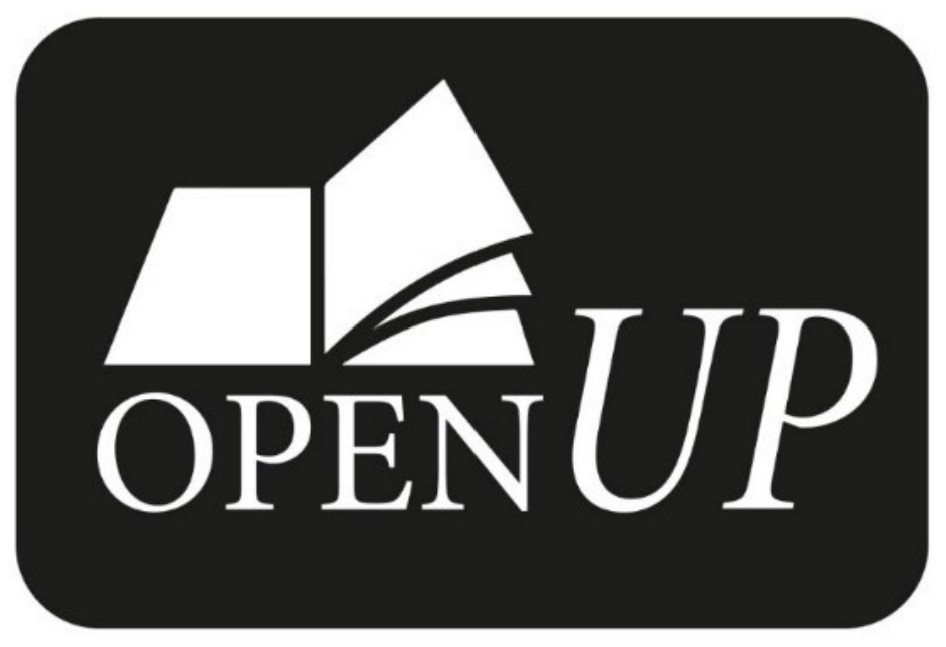
ECRs: the challenges
Open Access publication is becoming ever more important for researchers, research funders and readers. With limited resources available for funded Open Access, early career researchers (ECRs) face significant barriers. They must compete with established scholars while they build a successful track record of publication, their employment contracts may be short-term, or otherwise less secure than those of their more senior scholars, and they are more likely to have heavy teaching commitments. At the same time, they are unlikely to have been eligible for research leave and are engaged in learning a new career.
This risk of inequality is particularly acute within the Humanities and Social Sciences, where funded research (and associated funding for OA publication) is the exception, and monographs remain dominant as research outputs.
Funded Open Access
While Green OA routes also offer compliance options without associated costs, there are clear benefits to funded OA routes such as Gold and Diamond OA. The funded Open Access version will have high production values, no embargoes, hosting on major platforms, and enhanced discoverability via metadata feeds, in contrast to (usually) pre-production Green OA offerings, which are restricted to University repositories. Visibility is key to citations and career advancement through publishing. While there are often costs associated with Gold OA (Book Processing Charges), this isn’t the case with the Diamond OA model, under which costs are covered by supporting partners.
OpenUP
Six well-established University Presses from the UK are proposing a collaborative project to secure funding for a number of first books by UK-based early-career researchers. Libraries will be asked to subscribe on a banded basis and their participation will fund the cost of Diamond OA for a list of eligible books.
This three-year pilot project aims to raise £96,000 per year to fund Open Access publication for 12 books in each period. The first batch of books will publish in 2023, and the books will have undergone extensive peer-review at various submission stages. If the threshold is not met within the pledging period, either a smaller number of books will be published Open Access in the following year, or the amount will be combined with that for future years.
OpenUP has been approved as a participant in Jisc’s new Open Access community framework, which is supporting Diamond Open Access initiatives. Institutions wishing to support OpenUP can find more information and pledge funding via Jisc’s Licence subscriptions manager.
Participating presses for 2022-2025:
For more information on OpenUP, please contact Sarah Lewis: s.lewis@press.wales.ac.uk

